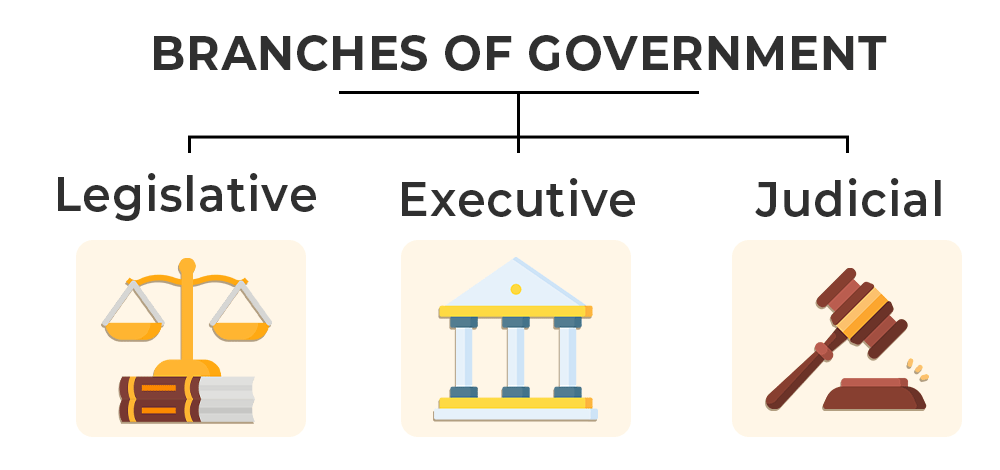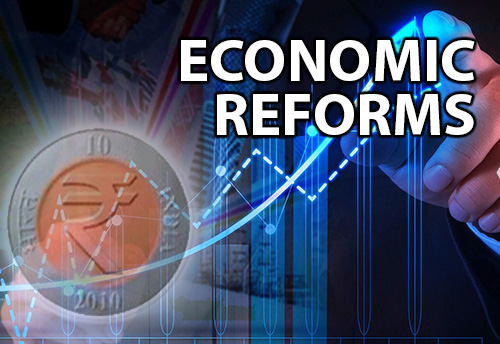Naveed Ahmed
Pakistan continues to grapple with persistent economic challenges, and the resolution of these issues hinges on the success of the International Monetary Fund’s (IMF) new program and Pakistan’s commitment to meeting its conditions. If secured, this would mark Pakistan’s third IMF program since 2019.
The Extended Fund Facility (EFF) initially valued at US$6 billion, later extended to US$7 billion, ended prematurely in June 2023. Subsequently, a US$3 billion standby arrangement (SBA) was signed in July 2023 after a request from Prime Minister Shehbaz Sharif. Presently, negotiations are ongoing for a new agreement with the IMF.
The prospective IMF program holds critical significance for Pakistan’s economic development and survival. However, concerns have arisen regarding the IMF team’s inaccurate estimates of the country’s current account deficit and potential loan payments, sparking debates within Pakistan.
Despite completing the 9th review process, delays in signing staff-level agreements and disbursing payments led to the premature lapse of the EFF. This forced the government to impose stringent conditions to stabilize the economy, resulting in inflation and policy rate hikes, dampening the overall business climate.
Adherence to these harsh conditions has fostered uncertainty, particularly impacting importers who suffered significant losses due to strict import restrictions. Additionally, the looming threat of default has adversely affected foreign investments and various sectors, leading to significant economic struggles.
The implications of these rigorous measures, based on erroneous calculations, have rippled across the economy, adversely affecting small and medium enterprises (SMEs), exports, and the populace at large. This has left Pakistan entrenched in financial struggles and significant losses.
Questions have emerged regarding the accountability of the IMF’s managing director and her team for these miscalculations. There are also concerns about the competence of the IMF team and the need for investigations into potential political motives behind these inaccuracies. Clarity and accountability are essential to restore trust and stability for Pakistan’s economic growth.
In addition to addressing economic challenges, Pakistan must prioritize political stability and address judicial crises. It has been emphasized that revamping the judicial system to ensure transparency and accountability is crucial. The current self-accountability system, outlined under Article 209 of the 1973 Constitution, has been criticized for giving unfettered powers to one person as the chairman of the Supreme Judicial Council for judge accountability.
The government should establish a transparent and merit-based selection process for the appointment of judges to ensure that candidates are evaluated solely on their competence, qualifications, and relevant experience. This is crucial for improving Pakistan’s present economic and political health.
IMF’s latest report acknowledges emerging signs of economic stability, including a gradual decline in inflation and relief from external pressures. However, the overall economic outlook remains challenging, with significant downside risks. Pakistan should leverage these commendations and take proactive measures to foster political stability and address fundamental governance issues.
Furthermore, Pakistan’s external position in fiscal year 2023 aligns well with medium-term fundamentals and favorable policies, as stated in the IMF country report. The report also highlights the necessity for real exchange rate adjustments to address import payment restrictions and bolster the Net International Investment Position (NIIP).
To improve governance and economic stability, the government should introduce a mechanism to implement the principle of the trichotomy of powers to restrict each organ of the state within its domain. Swift implementation of reforms, particularly in tax enforcement and digital invoicing, will bolster economic resilience and pave the way for sustained growth and stability.

















